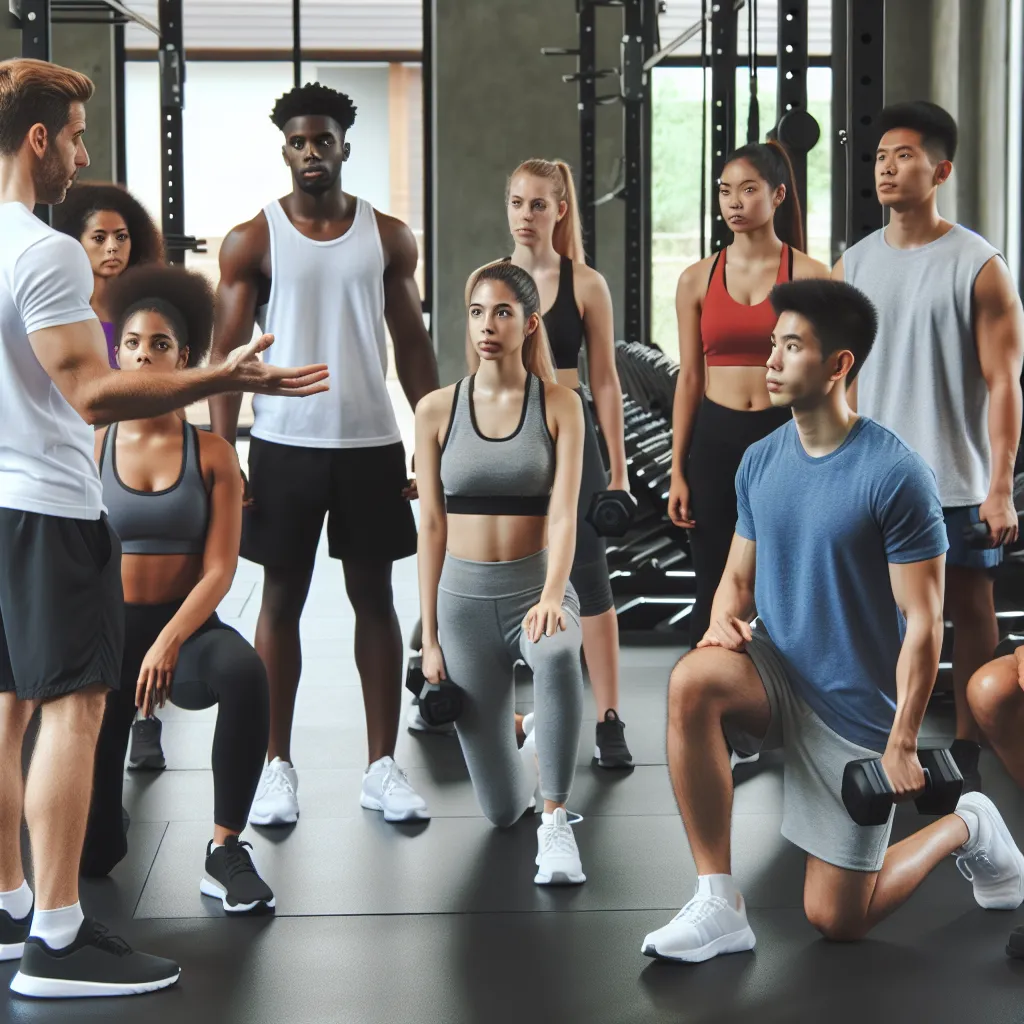Setting Realistic Fitness Goals
Setting realistic fitness goals is crucial for beginners embarking on their wellness journey. It’s essential to establish achievable targets that align with your current fitness level and lifestyle. Unrealistic goals can lead to frustration and burnout, undermining your motivation and progress. To set effective fitness goals, start by assessing your current fitness level and identifying areas for improvement. Whether it’s increasing endurance, building strength, or losing weight, specificity is key. Set measurable and time-bound goals, such as aiming to run a certain distance within a specified time frame or being able to perform a certain number of push-ups within a set period.
Additionally, consider the principle of gradual progression. It’s important to start at a manageable level and gradually increase the intensity and frequency of your workouts. This approach reduces the risk of injury and allows your body to adapt to the demands of exercise. Embracing a realistic timeline for reaching your fitness goals also plays a pivotal role in sustaining motivation. Remember that sustainable progress takes time, and it’s okay to adjust your goals as you make advancements or encounter obstacles.
Furthermore, seek professional guidance to ensure that your goals are realistic and tailored to your individual needs. Consulting with a fitness trainer or healthcare provider can provide valuable insights and support to refine your objectives. By setting attainable fitness goals, you can cultivate a sense of accomplishment and motivation as you progress on your fitness journey.
Importance of Proper Form and Technique
When starting a fitness journey, it’s crucial for beginners to understand the importance of proper form and technique. Mastering the correct form not only ensures the effectiveness of your workouts but also minimizes the risk of injury. Here are 5 effective fitness tips for beginners that highlight the significance of proper form and technique:
1. Start Slow and Focus on Quality: As a beginner, it’s essential to start with lighter weights and perform exercises with proper form rather than lifting heavy weights with incorrect form. Quality repetitions are far more beneficial than sheer quantity.
2. Seek Professional Guidance: Consider working with a certified personal trainer, especially in the initial stages. A professional can provide valuable guidance on maintaining proper form and technique for various exercises, ensuring that you kickstart your fitness journey on the right track.
3. Mind-Muscle Connection: Concentrate on establishing a mind-muscle connection during workouts. This involves focusing on the specific muscle being targeted and consciously engaging it throughout the exercise. By doing so, you enhance the effectiveness of the movement while reinforcing good form.
4. Listen to Your Body: Pay close attention to how your body responds during workouts. If you experience any discomfort or pain, it’s essential to reassess your form. Ignoring these signals can lead to injuries that may hinder your progress in the long run.
5. Educate Yourself: Take the time to educate yourself about proper form and technique for different exercises. There are abundant online resources, videos, and reputable fitness articles that can provide valuable insights into executing exercises correctly.
In conclusion, as a beginner, prioritizing proper form and technique lays a solid foundation for a successful fitness journey. Embracing these tips and incorporating them into your workouts will not only yield better results but also safeguard you against potential injuries, allowing you to progress steadily towards your fitness goals.
Nutrition Tips for New Fitness Enthusiasts
When starting a new fitness journey, it’s essential to pay attention to not only your workout routine but also your nutrition. Here are some key nutrition tips for new fitness enthusiasts looking to make the most of their training:
1. Balanced Diet: Focus on consuming a balanced diet that includes a variety of nutrients such as lean proteins, complex carbohydrates, healthy fats, vitamins, and minerals. Incorporating a colorful array of fruits and vegetables ensures that you get a wide range of essential nutrients.
2. Adequate Hydration: Staying hydrated is crucial for overall health and performance during workouts. Aim to drink an adequate amount of water throughout the day, especially before, during, and after exercising.
3. Pre- and Post-Workout Nutrition: Fuel your body with the right nutrients before and after exercise. Consuming a small meal or snack with a mix of carbohydrates and proteins before a workout can provide the energy needed, while refueling with protein and carbohydrates after a workout aids in muscle recovery.
4. Portion Control: Pay attention to portion sizes to avoid overeating. Even when eating healthy foods, consuming them in large quantities can hinder your fitness progress. Be mindful of serving sizes and listen to your body’s hunger and fullness cues.
5. Seek Professional Advice: If you’re new to fitness and nutrition, consider consulting a registered dietitian or nutritionist. They can provide personalized guidance based on your individual needs and goals, ensuring that you’re fueling your body properly for your fitness journey.
By paying attention to your nutrition and fueling your body with the right foods, you can optimize your fitness efforts and achieve your health and wellness goals more effectively.

